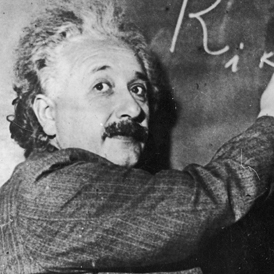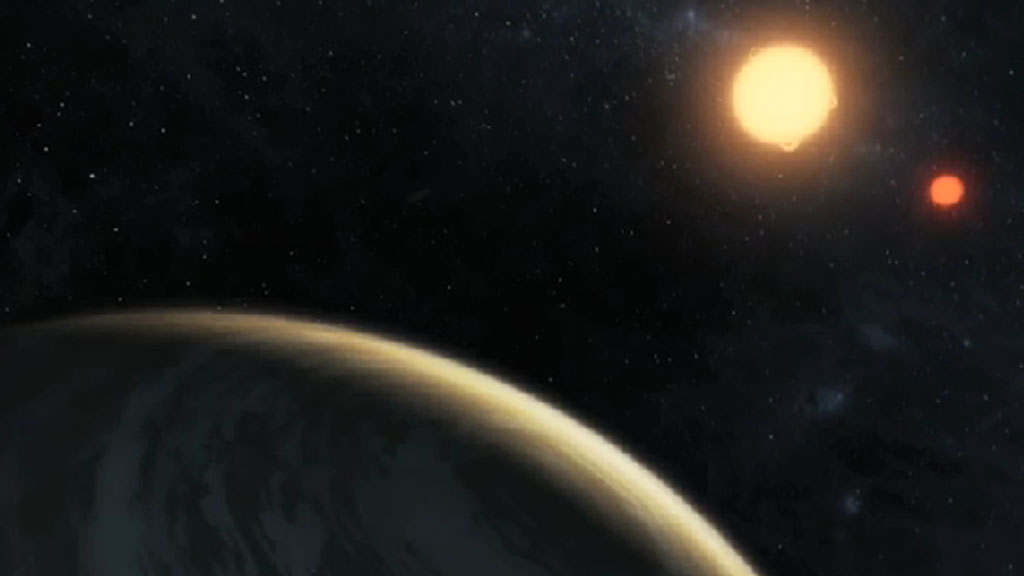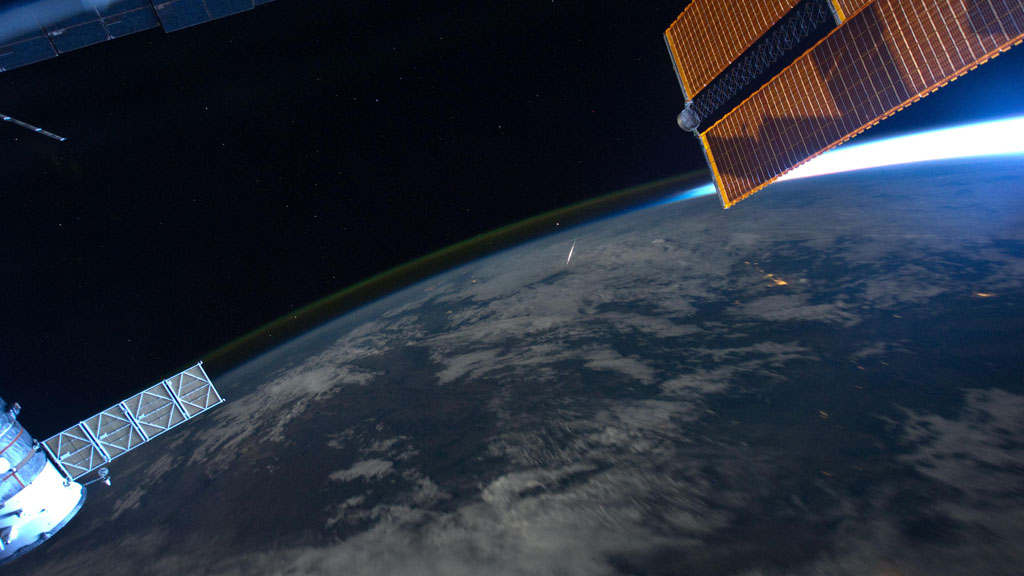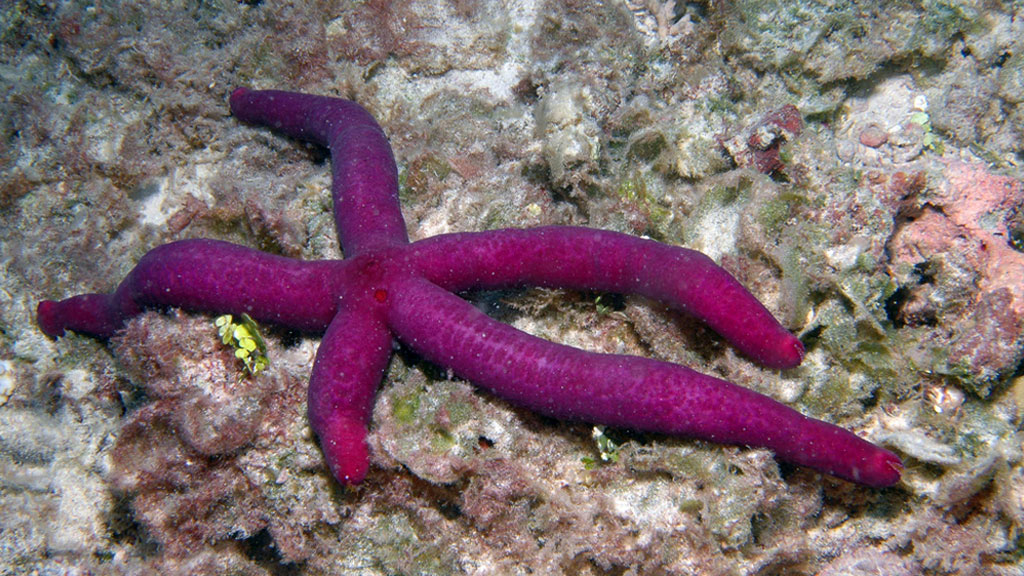Is Einstein wrong about speed of light?
As scientists appear to contradict one of Einstein’s fundamental laws about the speed of light, a leading physicist tells Channel 4 News he is “shocked and suspicious” about the findings.

An international team of scientists say they have recorded sub-atomic particles travelling faster than light
Researchers at Cern, the European Laboratory for Particle Physics, and the Gran Sasso laboratory in Italy described the results as “startling”.
If confirmed, the discovery would undermine Albert Einstein’s 1905 theory of special relativity, which says that the speed of light is a “cosmic constant” and that nothing in the universe can travel faster.
Measurements taken over three years showed neutrinos pumped from Cern near Geneva to Gran Sasso in Italy had arrived 60 nanoseconds quicker than light would have done.
Dr Antonio Ereditato, spokesman for the researchers said: “We have high confidence in our results. We have checked and rechecked for anything that could have distorted our measurements but we found nothing.”
He added: “We now want colleagues to check them independently.”
Einstein’s theory, which has withstood more than a century of testing, is one of the key elements of the so-called “standard model” of physics, which attempts to describe the way the universe and everything in it works.
I just don’t want to think of the implications. Antonio Ereditato, scientist
Professor John Ellis, a leading particle physicist who works at Cern but who was not involved in this experiment, told Channel 4 News he is “shocked, amazed, suspicious and delighted” about the research.
Prof Ellis said he had no criticisms of the experiment but that it is a very “delicate” business and he suspected the findings “would go away”.
He said if true the research would really “revolutionise” physics but that it was too early to start talking about time travel: “I’m sorry but I just don’t think this is going to lead to realistic time travel. It’s a very subtle phenomenon in extreme circumstances.”
‘Incredibly important’
The totally unexpected finding emerged from research by physicists working on an experiment dubbed Opera, run jointly by the Cern and the Gran Sasso team.
A total of 15,000 beams of neutrinos – tiny particles that pervade the cosmos – were fired over a period of three years from Cern towards Gran Sasso 500 miles away, where they were picked up by giant detectors.
Light would have covered the distance in around 2.4 thousandths of a second, but the neutrinos took 60 nanoseconds – or 60 billionths of a second – less than light beams would have taken.
“It is a tiny difference, but conceptually it is incredibly important. The finding is so startling that, for the moment, everybody should be very prudent,” said Dr Ereditato, who also works at Berne University in Switzerland.
Picture gallery: Kepler discovers secrets of the universe
Dr Ereditato declined to speculate on what it might mean if other physicists, who will be officially informed of the discovery at a meeting in Cern on Friday, found that Opera’s measurements were correct.
Much science-fiction literature is based on the idea that, if the light-speed barrier can be overcome, time travel might theoretically become possible but the team would not go into detail on the potential of the discovery.
“I just don’t want to think of the implications,” Dr Ereditato said.
“We are scientists and work with what we know.”
What scientists are saying:
Professor Stephen Hawking said: "It is premature to comment on this. Further experiments and clarifications are needed."
Professor Jenny Thomas, who works on neutrinos at Cern's friendly rival Fermilab in the United States: "The impact of this measurement, were it to be correct, would be huge."
Professor Geoffrey Hall of London's Imperial College, who has worked with Cern, said the implications of the results were profound, possibly challenging "a fundamental part of our science culture."
More science stories
-

‘Star Wars’ planet discovered by astronomers
16 September 2011
-

Space junk reaches ‘tipping point’, says Nasa expert
02 September 2011
-

Earth could be home to 8.7m species
24 August 2011


